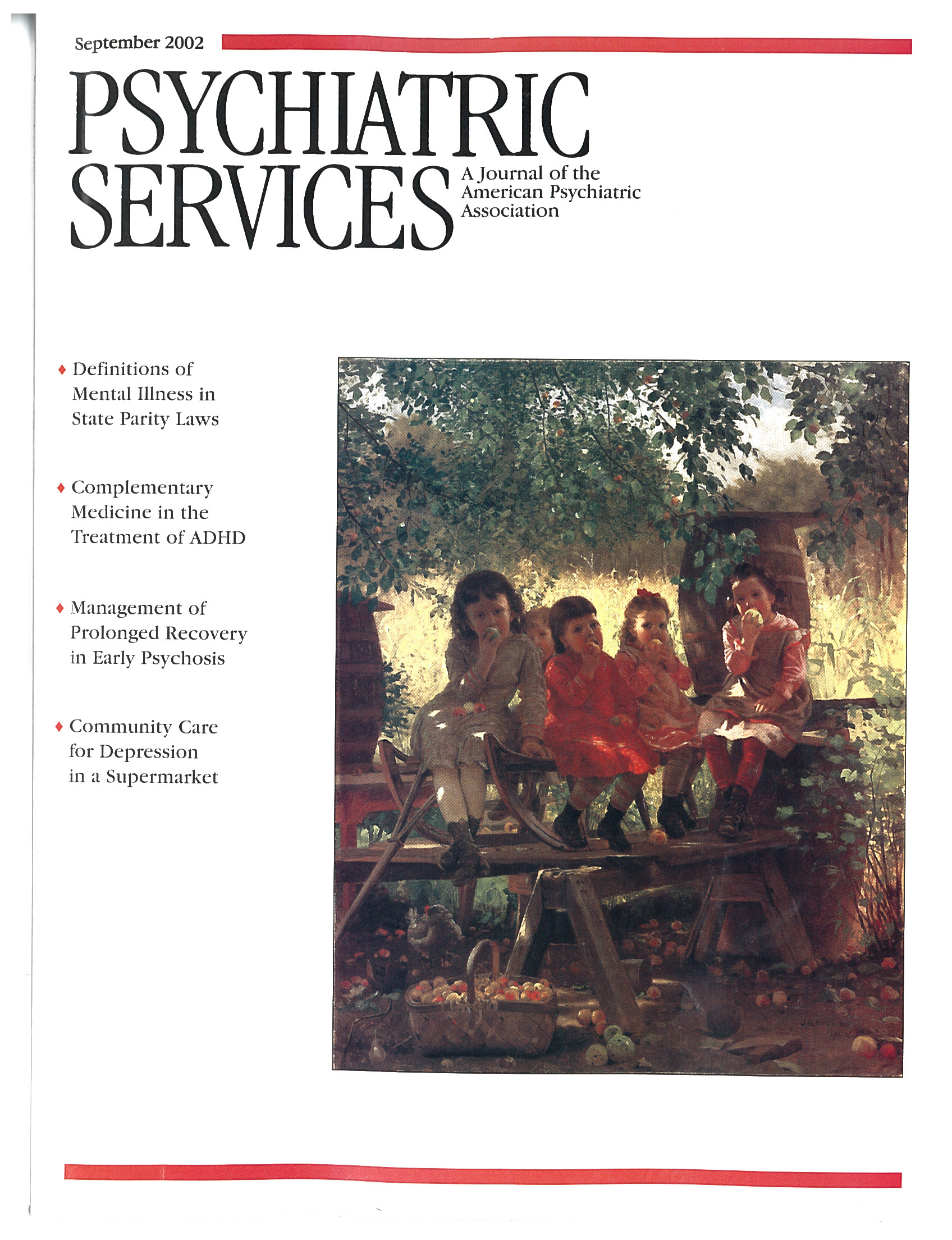Factors Associated With Rehospitalization Among Veterans in a Substance Abuse Treatment Program
Abstract
This study sought to determine predictors of rehospitalization among veterans in an inpatient substance abuse treatment program, many of whom had psychiatric disorders. A random sample of 600 veterans was interviewed at program entry about some factors not generally assessed as predictors. Information on rehospitalization in the two years after discharge was obtained from the databases of Veterans Affairs hospitals. Cox's proportional hazards model was used. Variables that were the strongest predictors were self-efficacy, childhood sexual and physical abuse, and religiosity. The results indicate that factors not usually investigated, such as attachment to family of origin, early physical and sexual abuse, and self-efficacy, are related to rehospitalization and should be further investigated.



